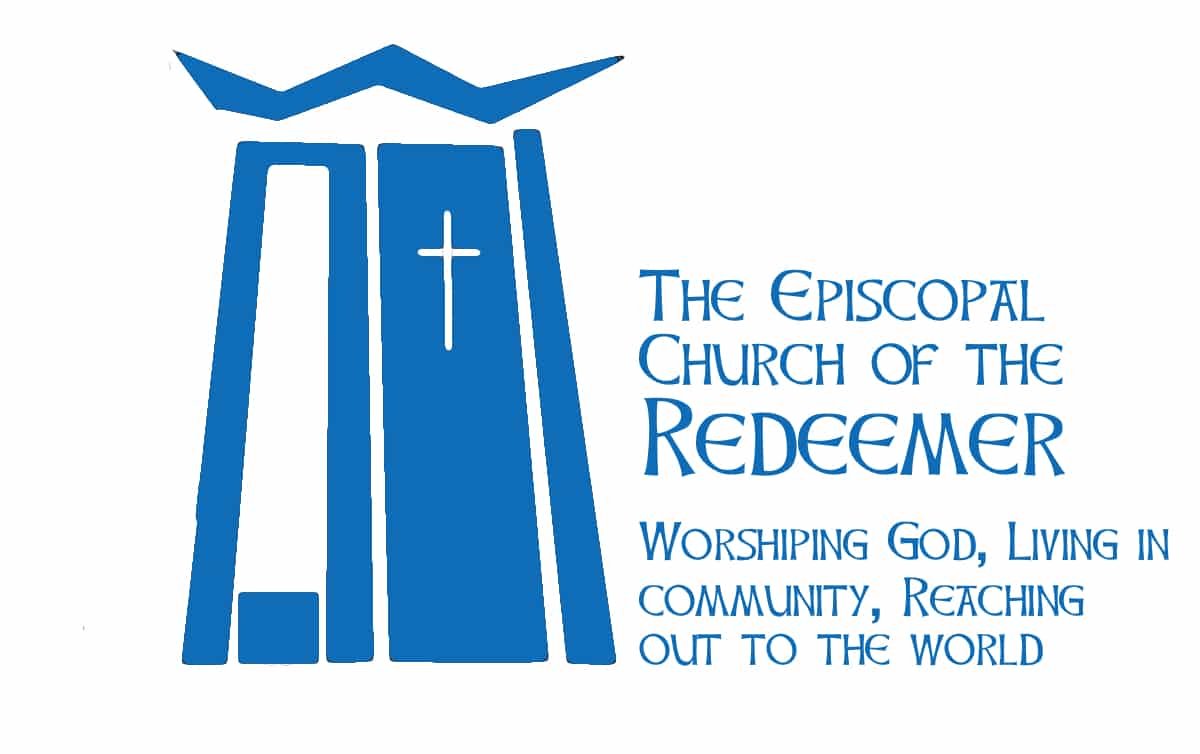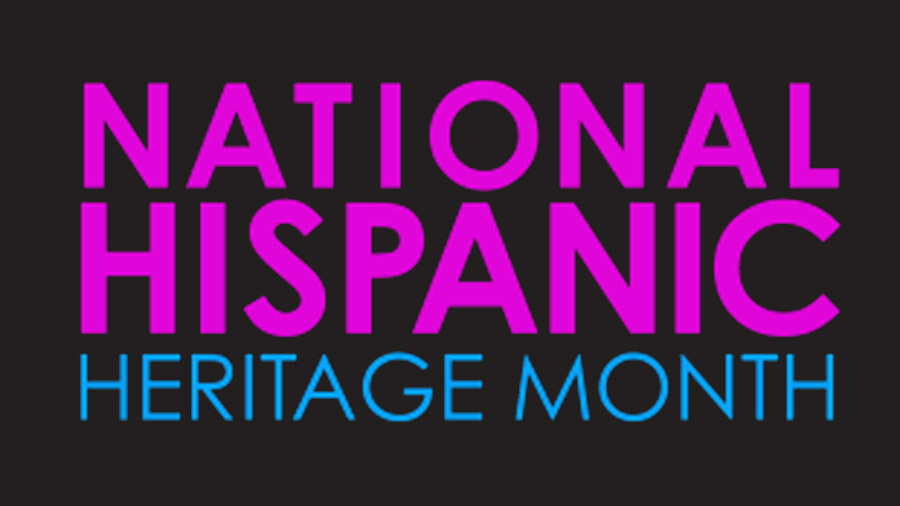National Hispanic Heritage month is from September 15 through October 15 each year. (Mexican Independence Day is September 16.) For the remaining time in this month, some hymns at Church of the Redeemer will reflect Hispanic Heritage.
Will you be asked to sing in Spanish? No, of course not! However, you can if you want and know some idioma español. The hymns to be used from Wonder, Love, and Praise have words in English and Spanish. The localization of the words into US English have been checked for scansion to the tune. (Some English localizations work better than others.)
In the past year, we have been using hymns or words from different cultures. For example, in the Season after the Epiphany, we were using the Dakota/Lakota hymn “Many and Great” for the hymn of praise. We have sang a communion hymn several times to a melody written by Dr. I-to Lo, “For the bread which you have broken.” And there have been other cross-cultural exchanges. This is an intentional effort to experience something different.
Hymn for Sunday, October 1, 2023
“When the poor one who has nothing” [Cuando el pobre nada tiene] is the offertory hymn on Sunday, October 1, 2023. Here is the first verse.
When a poor one who has nothing shares with strangers,
J. A. Olivar and Miguel Manzano
When the thirsty water give unto us all,
When the crippled in their weakness strengthen others,
Then we know that God still goes that road with us.
These words are in the spirit of the widow’s mite in one of Jesus’ parables.
Following is a recording from a Presbyterian Church, using a slightly different localization of the words of “When the poor one who has nothing.”
Hymn for Sunday, October 8, 2023
“Walk on, O people of God” [Camina pueblo de Dios} is the closing hymn on Sunday, October 8, 2023. Here is the refrain:
Walk on, O people of God;
Cesáreo Gabaráin; translated by George Lockwood
Walk on, O people of God!
A new law, God’s new alliance,
All creation is reborn.
Walk on, O people of God;
Walk on, O people of God!*
An Easter hymn, it speaks of the resurrection as a turning point towards justice and peace: new law, new alliance, and new creation.
This video is of the original Spanish words. As always, we will be singing the English on Sunday (unless you know español and want to sing in this language).
Hymn for Sunday, October 15, 2023
“You have come down to the lakeshore” [Tú has venido a la orilla] is the offertory hymn on Sunday, October 15, 2023. Here is the first verse and refrain.
You have come down to the lakeshore
Cesáreo Gabaráin; translated by Madeleine F. Marshall (alt.)
seeking neither the wise nor the wealthy,
But only asking for me to follow.
O Jesus, you have looked into my eyes
kindly smiling you’ve called out my name.
On the sand I have abandoned my small boat,
now with you, I will seek other seas.
This is a hymn about the call of Jesus and our response. This video uses the words in Evangelical Lutheran Worship, which is about the closest version to the one you will sing.
You get a bonus video this week. This is from the the University of Notre Dame Folk Choir. There are Spanish and English verses, with an interesting instrumentation. It is quite delightful.
National Hispanic Heritage Month
September 15 to October 15 is National Hispanic American Heritage Month. The following agencies join in paying tribute to the generations of Hispanic Americans who have positively influenced and enriched our nation and society:
- Library of Congress
- National Archives and Records Administration
- National Endowment for the Humanities
- National Gallery of Art
- National Park Service
- Smithsonian Institution
- United States Holocaust Memorial Museum
Localization versus Translation
Translation is the communication of the meaning of a source-language text by means of an equivalent target-language text.
Language localization is translating a product or text into different languages while adapting it to a country or region,
The target country is always important. Asking someone whether they need a lift has a different meaning in Great Britain versus the United States. For the British, a lift is what someone from the US calls an elevator.
Another example involves Charles Wesley and a hymn for Christmas. He wrote this:
Hark how all the Welkin rings
Glory to the King of Kings
The world “Welkin” was dated even in the time of the Wesley brothers when this was written in 1739. A localized version much closer to the intent of Charles Wesley with the words would be this:
Hark how all the Heaven rings
Glory to the King of Kings
That is not how George Whitefield localized the text to make it more understandable, even though he changed the meaning somewhat.
Hark! the Herald Angels sing
Glory to the new-born King!
Having a sensitive localization of lyrics with good scansion important.
The reason we did not sing “Ke aloha o ka Haku” [The mercy of the Lord], or the Queen’s Prayer, during Pacific Islanders month was because Lydia Lili`uokalani only provided a non-singing translation of the words she wrote while imprisoned after the coup. Considering the circumstances, the Hawaiian words have special importance. Localization to US English for singing could be considered insensitive.

Church of the Redeemer
Church of the Redeemer: Worshiping God, living in community, and reaching out to the world around us. We are an Episcopal Church serving north King County and south Snohomish County, Washington. As you travel your road, go with friends walking the way of Jesus at Redeemer.
Church of the Redeemer is at 6220 Northeast 181st Street in Kenmore, Washington. The campus is a short distance north of Bothell Way, near the Burke-Gilman Trail. The entrance looks like a gravel driveway. The campus is larger on the inside than it is on the outside. And we managed to hide a large building on the side of a hill that is not easily seen from the street.
The Episcopal Church welcomes you.

